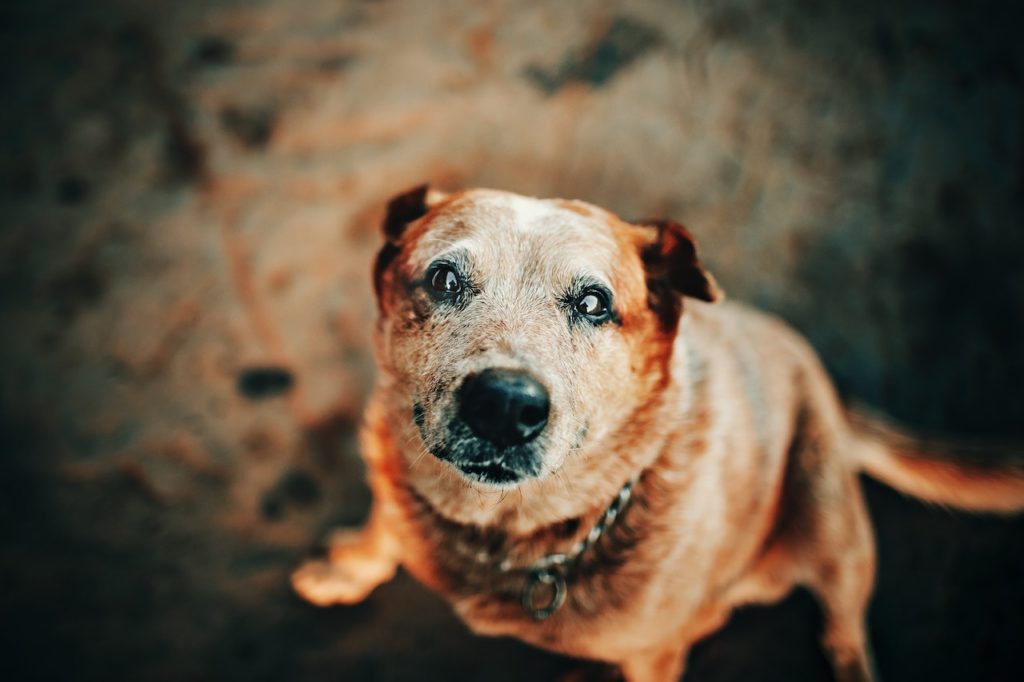How To Help Your Old Dog Age Gracefully

Taking your elderly dog to the vet for an annual check-up can sometimes feel like a waste of time and a big inconvenience to the pet involved. The stress involved and the difficulty of transporting a big elderly dog, which is not so mobile anymore, may make you wonder if it is really necessary. The answer is a very big YES!
When are dogs considered geriatric?
- Largely, as it does with humans, it depends on the individual animal
- General consensus is that giant breed dogs are considered geriatric around 6 or 7 years
- Smaller breed dogs have a longer lifespan
Annual check-ups give your vet the opportunity to:
- Understand how your dog is doing at home
- Is he losing his appetite, urinating more than usual, struggling to move around?
The organ function of old dogs often decreases as well:
- A common problem is decreased kidney function turning into chronic renal failure
So how do you take care of geriatric animals?
- Feed a good quality diet
- They need all the nutrients and antioxidants they can get
- Keep their weight stable
- Encourage activity and moderate exercise
- Keep them active, but don’t overdo it
- Swimming works in most cases
- Not all dogs love water so go with the flow
- Dental hygiene is essential in animals of any age
- Provide adequate bedding and shelter
The most important thing to remember with geriatric animals is to take them to the vet for annual check-ups
Old age is not a disease, so if your dog is not eating too well and slowing down, don’t just blame old age. Rather seek veterinary advice.
Click below lots more information on extending your old dog’s life in comfort
POSTED IN Health, Featured · Photo Credit







